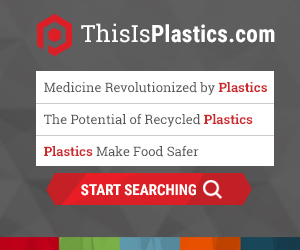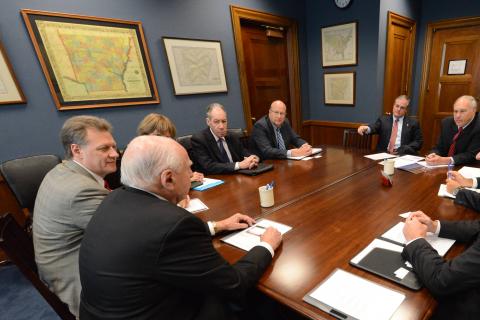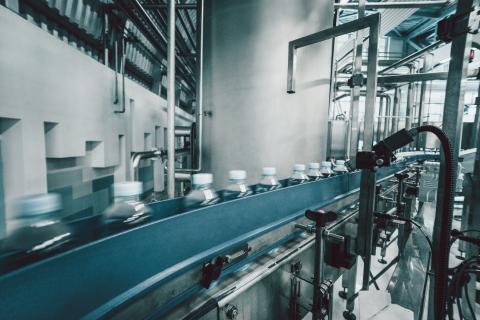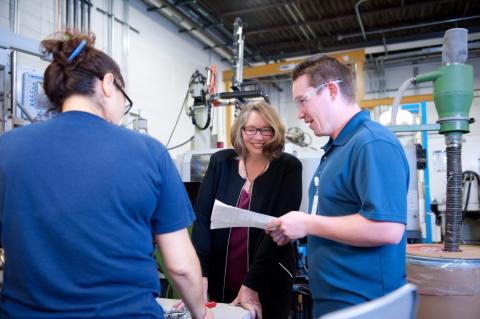OSHA Delays Enforcement, Issues Guidance
Fri October 28, 2016
The Occupational Safety and Health Administration (OSHA) has further delayed enforcement, to December 1, of the anti-retaliation provisions of the Improve Tracking of Workplace Injuries and Illnesses final rule. This is in response to a court request and pending legal challenge of the final rule.
In addition, OSHA published a memorandum on disciplining employees, drug and alcohol testing, and incentives. Sample scenarios can be found here. The memorandum confirms the rule does not prohibit employers from:
- “disciplining employees who violate legitimate safety rules or reasonable reporting procedures. Rather, it prohibits disciplining employees simply because they report a work-related injury or illness.”
- “drug testing employees who report work-related injuries or illnesses so long as they have an objectively reasonable basis for testing, and the rule does not apply to drug testing employees for reasons other than injury-reporting.”
- having safety incentive programs; “[r]ather, it prohibits taking adverse action against employees simply because they report work-related injuries or illness.” It further states that “Withholding a benefit—such as a cash prize drawing or other substantial award—simply because of a reported injury or illness would likely violate section 1904.35(b)(1)(iv) … However, conditioning a benefit on compliance with legitimate safety rules or participation in safety-related activities would not.”
Citations will not be issued by OSHA under section 1904.35(b)(1)(iv) for drug testing conducted under a state workers’ compensation law or other state or federal law; however, drug testing of employees is prohibited absent an “objectively reasonable basis”. To prove a violation, OSHA would also need to demonstrate a protected report of an injury or illness, adverse action and causation.
Separately, OSHA released its revised “Recommended Practices for Safety and Health Programs”, targeted at small and medium employers. The revised guidance includes simplified terminology and recommends using leading versus lagging indicators.
For more information or to engage with SPI’s EHS+ Committee on these issues, please contact Marie Gargas.
###
Founded in 1937, SPI: The Plastics Industry Trade Association promotes growth in the $427 billion U.S. plastics industry. Representing nearly one million American workers in the third largest U.S. manufacturing industry, SPI delivers legislative and regulatory advocacy, market research, industry promotion and the fostering of business relationships and zero waste strategies. SPI also owns and produces the international NPE trade show. All profits from NPE are reinvested into SPI’s industry services. Find SPI online at www.plasticsindustry.org and www.inthehopper.org.
"From resin suppliers and equipment makers to processors and brand owners, SPI is proud to represent all facets of the U.S. plastics industry," said William R. Carteaux, president and CEO, SPI. "Our most recent economic reports show that the plastics industry as a whole is resilient, and has come through the recession significantly better than other U.S. manufacturing sectors."









